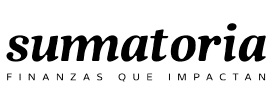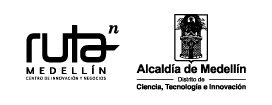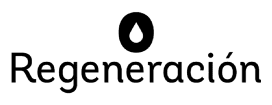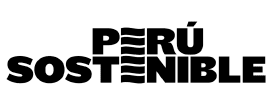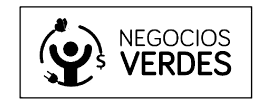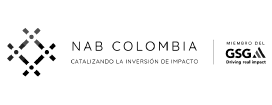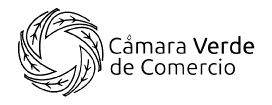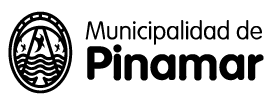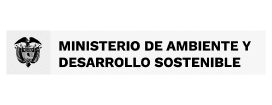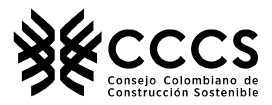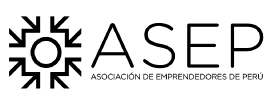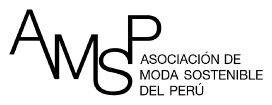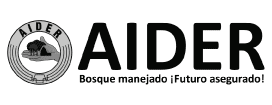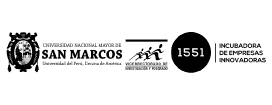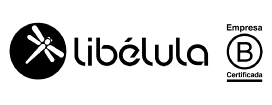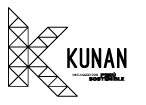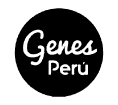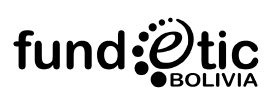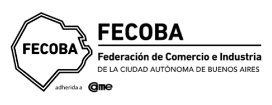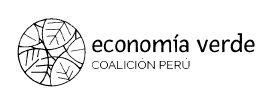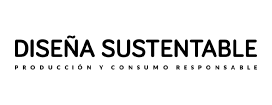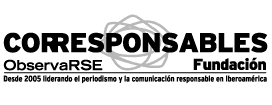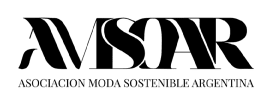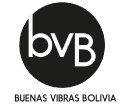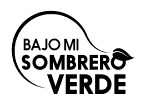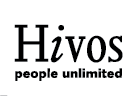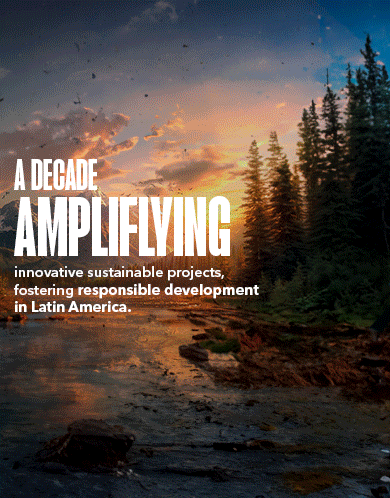
We are the most relevant social and environmental movement. Every year we identify, connect and amplify the most important social and environmental projects in all the world.
We work throughout the year to promote and implement a fairer society in balance with nature, generating activities and training programs for socio-environmental change makers who join the movement. We like to define them as unstoppables who do not believe in the impossible.
This 10th Edition presents 11 categories that are aligned with the Sustainable Development Goals (SDGs).
Academic initiatives that go beyond the limits and question what we take for granted to achieve and introduce sustainability in all aspects of our lives.
Read more...Economic models that employ circularity of materials, reduce waste production and regenerate nature. Projects that reshape linear economy patterns by repurposing, redistributing, remanufacturing or reusing resources.
Read more...Purpose-driven, tech-based business models, companies and entrepreneurial ecosystems that help face global challenges by creating new opportunities and improving our lives.
Read more...Innovative governance models that protect marine, freshwater and land ecosystems by finding ways to align conservation and human development interests.
Read more...Projects that accelerate the transition towards clean and renewable energies, provide reliable energy supplies, improve energy security and reduce pollution risks.
Read more...Resilience-based architectural design that builds healthier living conditions in urban and rural settings, addressing social, natural, and environmental issues.
Read more...Programs that foster and promote the use of sustainable agricultural practices, reduce resource depletion and find new ways to feed the world responsibly.
Read more...Projects in the clothing and apparel business that favor people, animals and the environment, and are aware that next season’s collection has never been more relevant.
Read more...Sustainable development models that create economic growth, empower people, and protect the environment.
Read more...Development finance and philanthropic funding that strategically mobilize the green economy to propel businesses and create market opportunities.
Read more...New means of inclusive, safe and efficient transport that reduce carbon emissions, respect the environment, expand the sector and promote green technologies.
Read more...Market-oriented and science-based solutions are decisive to accomplishing the SDGs and meeting global challenges. To achieve sustainability, transformative efforts are required at educational levels all over the world. For this reason, universities play a fundamental role in the search for a more sustainable life for everyone. Promoting it depends on an academic training that aims to go beyond the limits of what is possible and questions what we take for granted.

Circular economy addresses global challenges such as climate change, biodiversity loss, waste and pollution, and is based on three design principles: the regeneration of nature, the circularity of materials and the elimination of waste production. Everything in nature is transformed and reused. Nothing is wasted. Waste, on the other hand, is a human invention. It is time to close the cycle and create a more dynamic economy that includes repurposing, redistributing, remanufacturing and reusing resources. It’s time for new ideas.

According to the World Economic Forum, the value created by startups closely matches the GDP of a G7 economy and the amount of startup funding in 2021 surpassed $600 billion, shattering funding records in previous years. Furthermore, there are over one thousand unicorn companies and this number is growing exponentially. A purpose-driven startup involves seeing the world with new eyes, discovering new opportunities and building new realities to change lives. This is why it is critical to support this type of companies and entrepreneurial ecosystems to help face global challenges, such as the climate crisis and poverty.
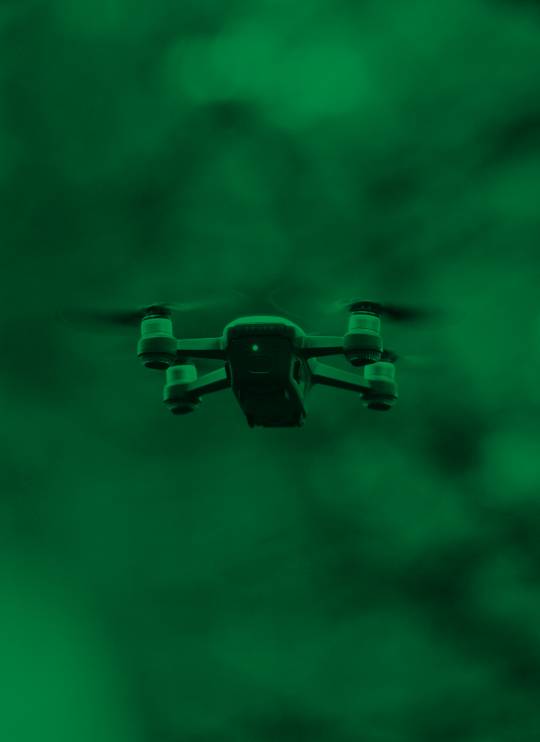
Climate and landscape directly affect all species and their ecosystems, which are the basis of all civilization, sustain our economies and represent a source of biodiversity, food and life. More than half of the world's population depends directly on healthy ecosystems for survival, regardless of their type (marine, freshwater or land). We need to generate collective action to build bridges between conservation and human development, to guarantee the health of the landscape that surrounds us and the systems that provide us with life.
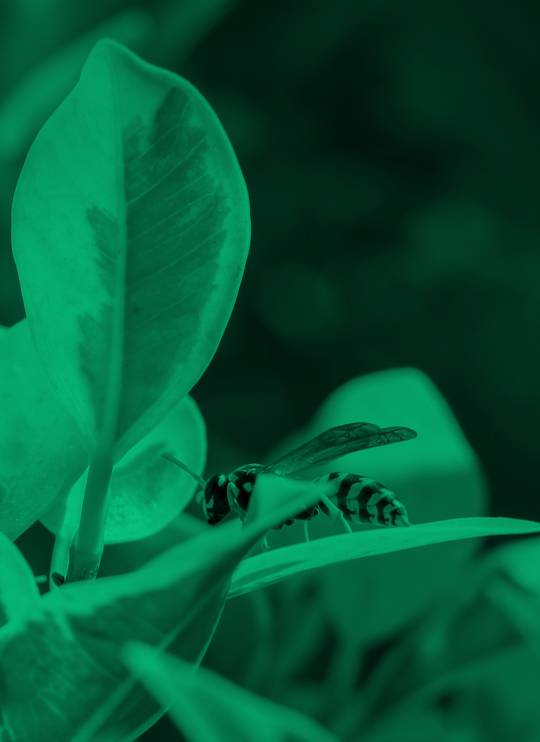
Fossil fuel-based energy production systems are the main source of greenhouse gas generation, which traps heat in the atmosphere causing climate change. The demand for electricity is expected to increase by 70% in the next two decades. One of the most important actions we can take to reduce our impact on the environment is to accelerate the transition towards clean and renewable energy, which provides reliable energy supplies, improves energy security and reduces pollution risks, while protecting our natural resources and creating green jobs.
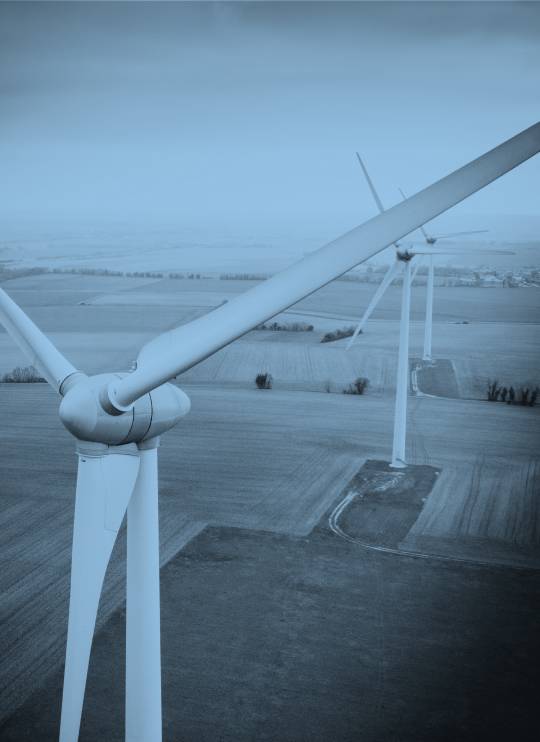
90% of the world’s population is expected to live in cities by 2040. We are pressed to advance resilience-based architectural design to create healthier living conditions in urban and rural areas. Design that reduces the use of natural resources and energy consumption, and favors renewable resources and green materials to address social, natural, and environmental issues.
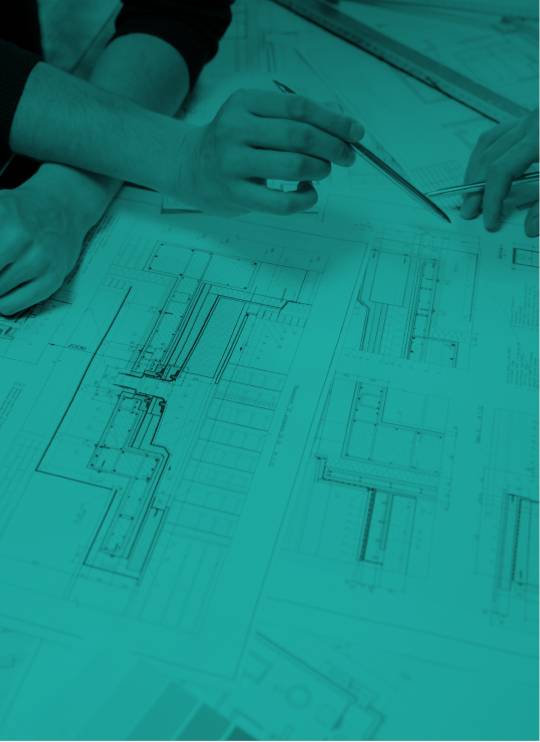
Agriculture accounts for up to 30% of the world’s greenhouse gas emissions and for 70% of all freshwater withdrawals globally. Irresponsible agricultural practices and over consumption are some of the causes for the deterioration and depletion of our natural resources. Deforestation, monocultures, and the overuse of pesticides and fertilizers, among other practices, are depleting our natural resources uninterruptedly. We must find new ways to practice sustainable agriculture. And we must do it now.
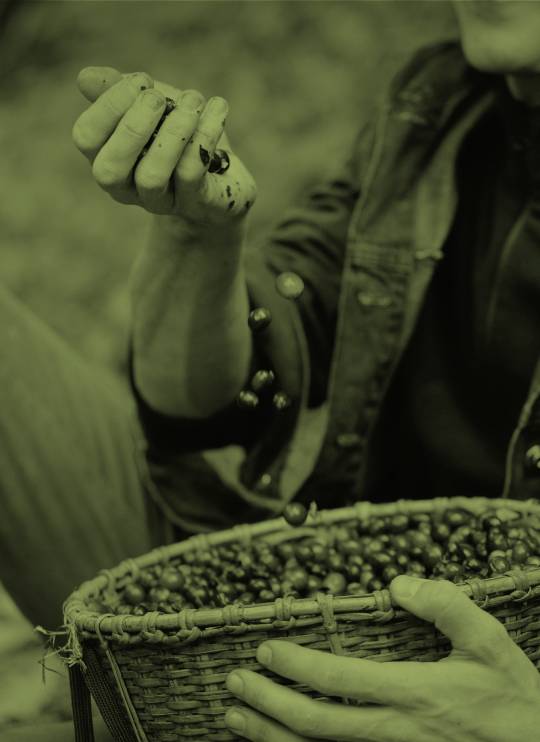
Staying fashionable comes with a high cost for the environment. For example, it takes almost 3K liters of water to make one t-shirt. “Fast fashion” is responsible for 10% of humanity’s carbon emissions, it requires water in high quantities during production, and has kept low prices thanks to minimum wages and unacceptable working conditions in underdeveloped countries. "Sustainable fashion" is a trend that the planet must adopt as soon as possible because it has the power to change it. What we will wear next season has never been more relevant.
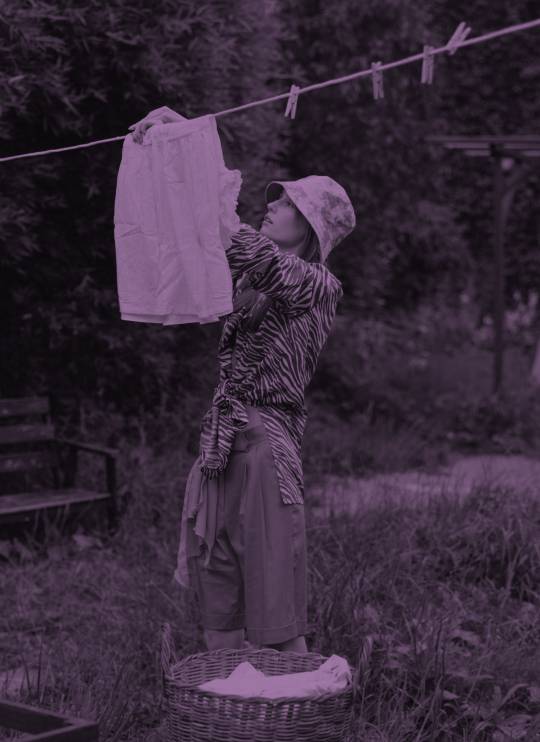
As global population increases by 80 million each year, so does human needs and greed, putting pressure on natural resources. The challenges that lay ahead are to ensure that the huge and growing global wealth is distributed fairly, and that the global economy supports planetary health. In the words of former UNDP Administrator, James Speth: “Sustainable human development not only generates economic growth but distributes its benefits equitably; regenerates the environment rather than destroying it; empowers people rather than marginalizing them."
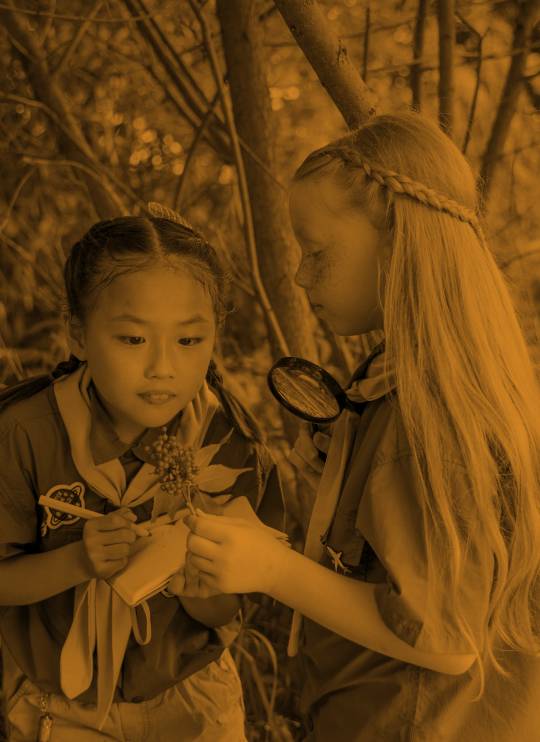
To meet the financial needs of the 2030 Agenda we must come together to manage global financial assets collectively. While governments will continue to play a key financing role, the private sector needs to quickly engage in financing many areas of the SDGs in order to close the gap. By strategically using development finance and philanthropic funds to mobilize and leverage private capital, we can foster business and create market opportunities for a more sustainable world. This is the only way to invest in our future.

According to the World Bank, sustainable mobility is crucial to ending poverty, mitigating climate change, and meeting the Sustainable Development Goals. Governments must work out strategies to promote inclusive, safe, efficient transport that respects the environment. The good news is that 60% of the infrastructure needed remains to be built, which translates into opportunities to expand the sector, promote green technologies and inclusive growth.
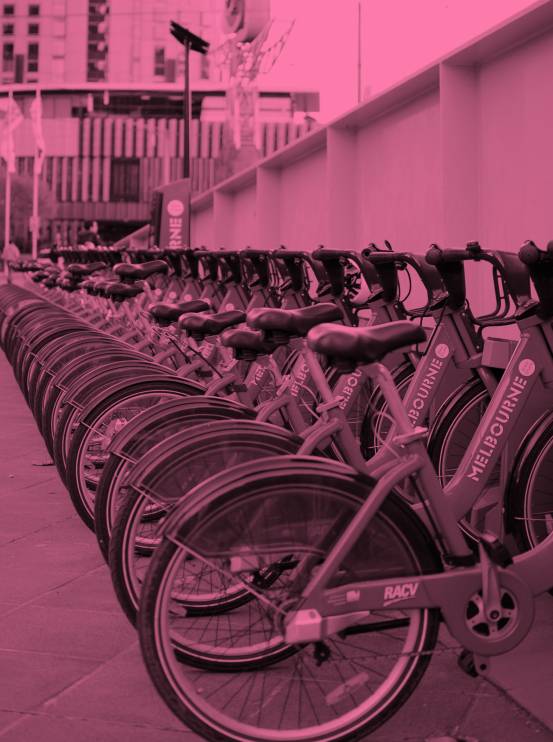
Since Premios Verde's first Edition in 2013, participation has grown exponentially. Close to 18,000 participants from 1.147 cities and 43 countries have been a part of previous editions. Evaluating these projects in depth and with the utmost rigor would not have been possible was it not for a group of experts who dedicate their time and experience to rate candidates' work each year. Premios Verdes's Jury is made up of two international divisions: The technical commission (first selection of projects) and the Annual Jury (final selection)
When we say “We are the change,” we mean you, me, and all of us who believe in a better world. Hence, we make alliances; we are made up of 85 organizations and growing.
We are unstoppable. Thanks to the relationships we have built with our partners, sustainable development transcends national boundaries, is covered by news outlets, and becomes a verifiable reality.
